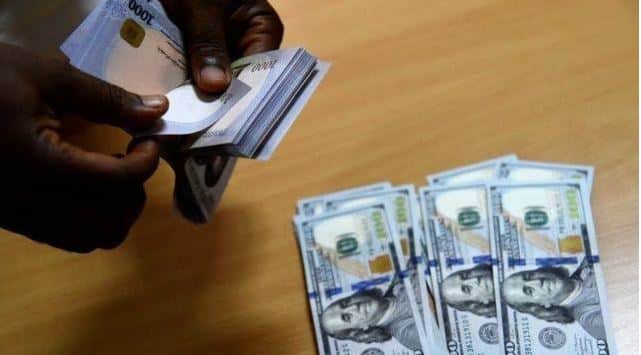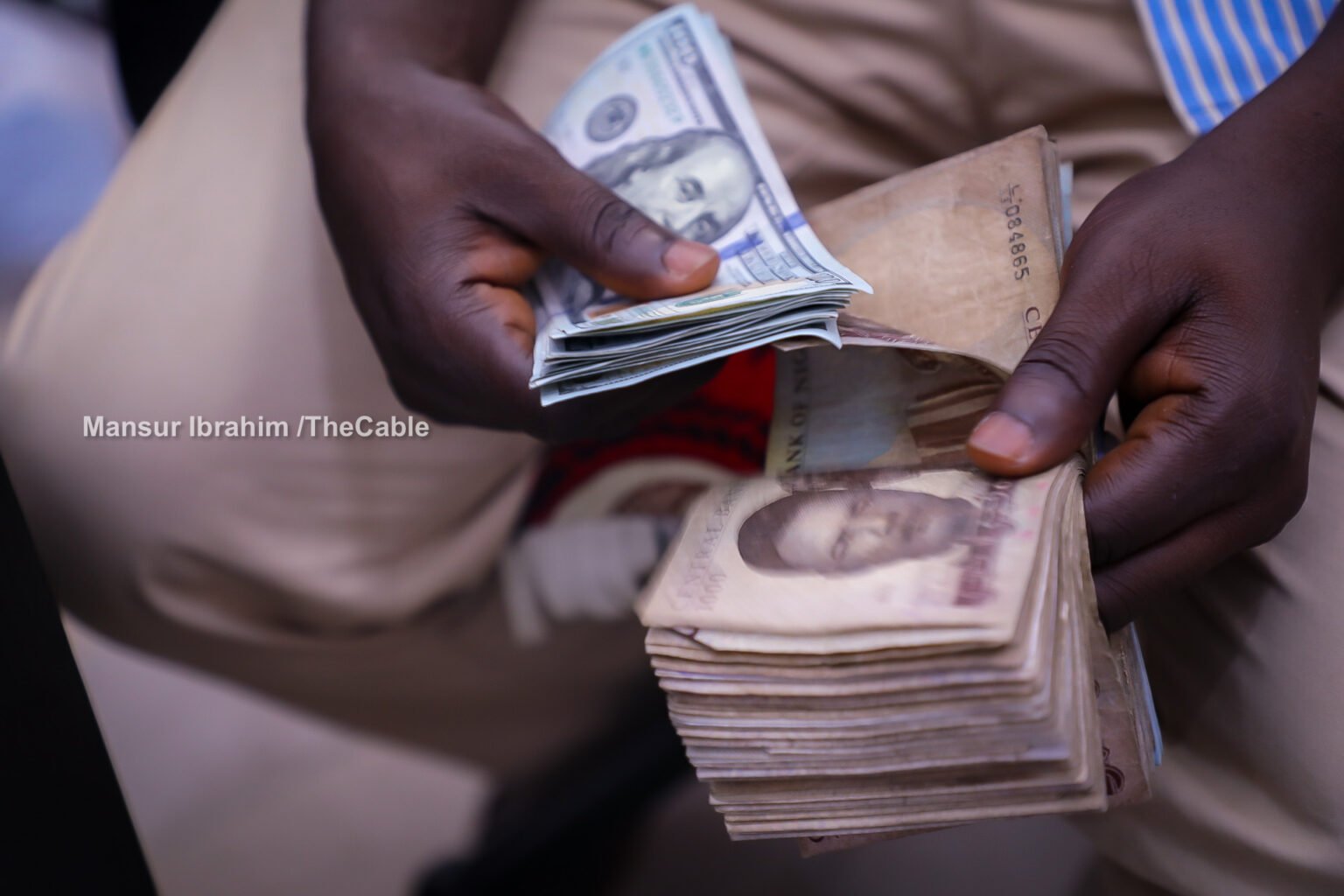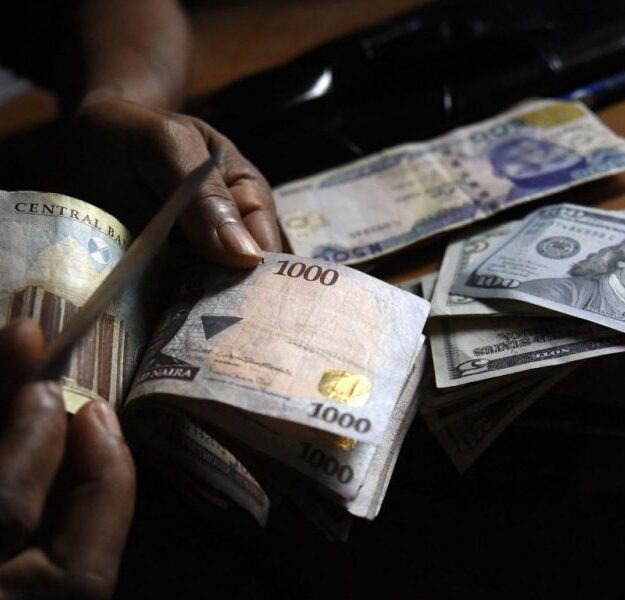Naira Faces Challenges Amid Dollar Fluctuations And Market Uncertainty

The Naira's Performance on the Nigerian Foreign Exchange Market
Let's break down what happened in the Nigerian foreign exchange market recently. On Wednesday, the Naira showed some resilience, gaining a modest 0.16% increase, trading at ₦1530.52 per dollar. This was a slight improvement compared to the previous session when it closed at ₦1532.93 per dollar. While this might not seem like a huge leap, every bit counts in the world of currency trading.
According to data from the Central Bank of Nigeria (CBN), the Naira’s performance wasn’t all smooth sailing. During the trading session, it hit a high of ₦1545 per dollar and a low of ₦1500 per dollar, which were slightly better than the numbers we saw on Tuesday. It’s a rollercoaster ride, but that’s the nature of currency markets.
Parallel Market Dynamics
Over in the parallel market, the picture was a little different. CardinalStone Research noted that the Naira held steady at ₦1,585 per dollar. This stability is significant because it affects speculative traders who rely on fluctuations to make their moves. The gap between the official and parallel market rates has narrowed to about 3.07%, down from 3.40% earlier in the week. That’s a positive sign, showing that the markets are aligning a bit better.
Read also:Celebrity Power How Stars Are Transforming The World Of Crypto Gambling
Despite the slight dip in the Naira’s value, analysts are optimistic. They believe that the market is stabilizing, thanks to some structural reforms and an uptick in foreign exchange inflows. These are encouraging signs, but the journey to full recovery is far from over.
Fuel Price Hikes: A Looming Concern
Now, let’s talk about something that’s got everyone on edge: the possibility of a fuel price hike. The Dangote Petroleum Refinery has temporarily stopped selling petroleum products in Naira. This move has set off alarm bells across the country, as it could lead to increased pressure on the foreign exchange market. Why? Because dealers will now need large amounts of U.S. dollars to buy these essential products.
The suspension was announced on Wednesday, and almost immediately, the price of loading petrol at private depots in Lagos shot up to ₦900 per litre, up from less than ₦850 per litre before the announcement. That’s a significant jump, and it’s causing a lot of concern among consumers and industry experts alike.
Behind the Scenes: The Naira-for-Crude Talks
So, what led to this suspension? Well, it turns out that negotiations between the $20 billion Lekki-based Dangote refinery and the Nigerian National Petroleum Company Limited (NNPCL) didn’t go as planned. Multiple sources familiar with the situation have pointed to the extensive forward sales of crude oil by the NNPCL as a key factor in the breakdown of talks. Apparently, the NNPCL used large volumes of unproduced crude oil to secure loans from international financial institutions, leaving it with insufficient crude to supply the domestic market.
In a statement released on Wednesday, the Dangote Group assured everyone that the suspension of sales in Naira was only temporary. While that’s reassuring, the situation remains tense, and many are keeping a close eye on how things unfold in the coming days.
As we navigate these uncertain times, one thing is clear: the health of the Naira and the stability of the fuel market are closely intertwined. It’s a complex puzzle, but with the right moves, there’s hope for a brighter economic future.
Read also:Discover The Most Stunning Celebrity Couples Of All Time
Power Outages Hit Abuja: Embassies And Residential Areas Affected
Tinubu Submits Five Nominees For INEC Resident Electoral Commissioners To Senate
PDP National Secretary Opens Up About Governors’ Feud Amidst Party Turmoil


